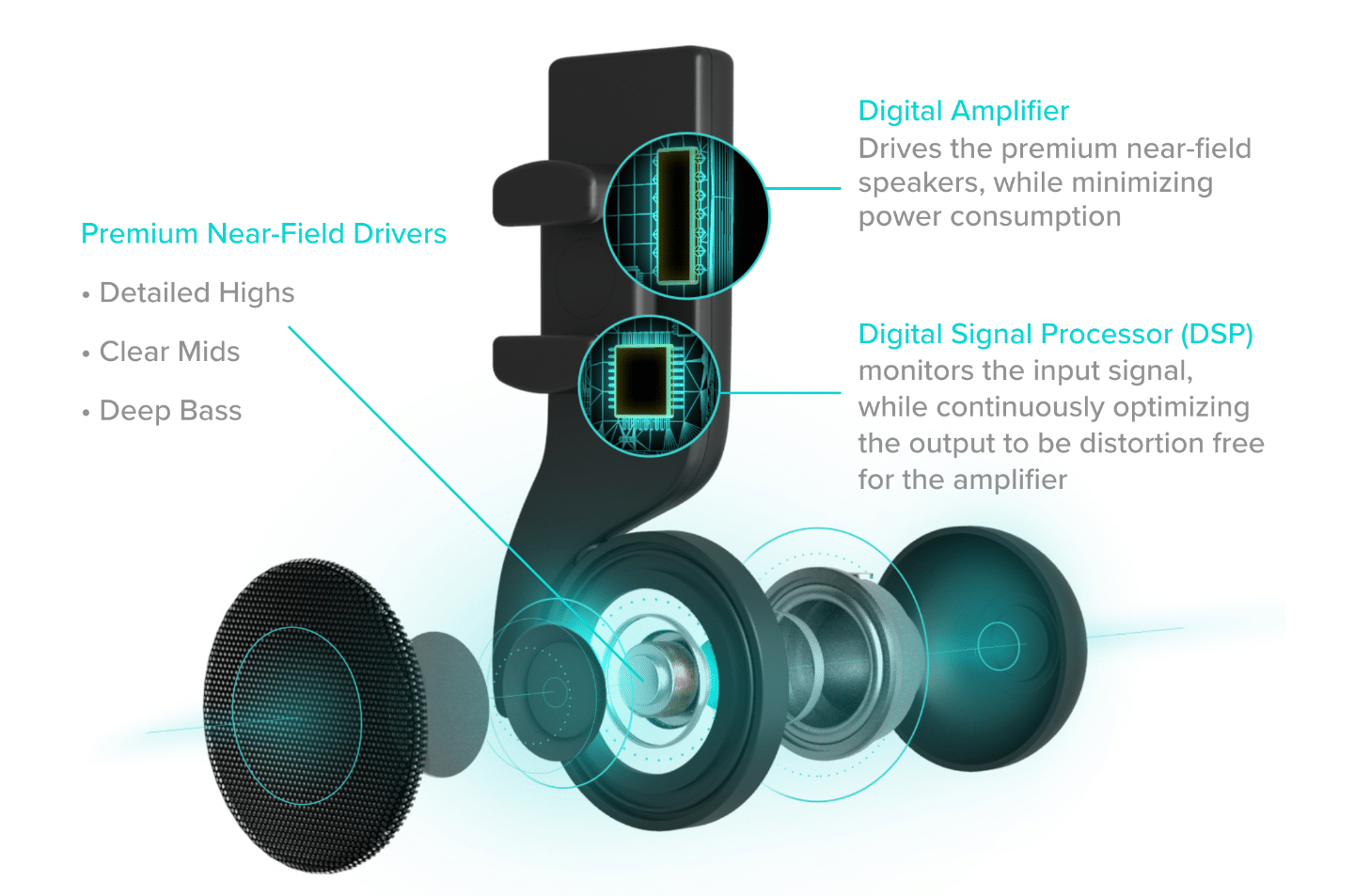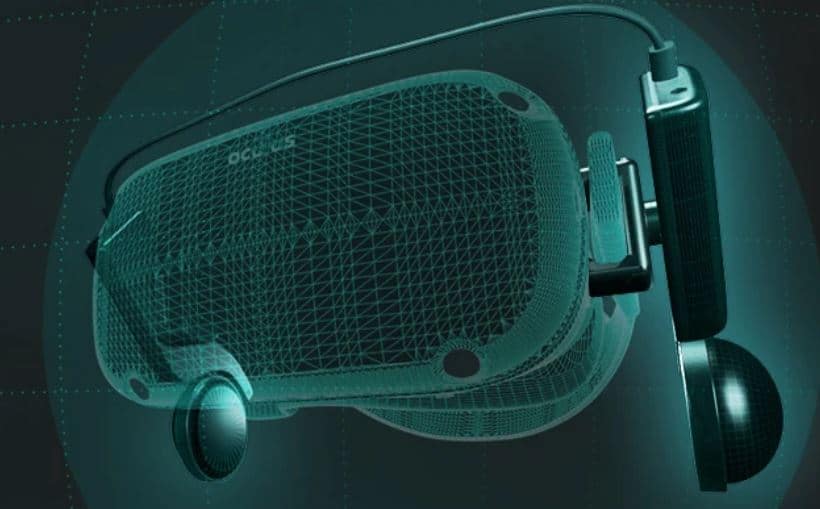Rebuff Reality is planning to launch a Kickstarter campaign this month for its off-ear audio solution that’s said to be compatible with a range of VR headsets.
Rebuff makes accessories for VR headsets including the impressive VR Power battery pack we reviewed recently that solves some of the biggest problems associated with Oculus Quest. Its upcoming VR Ears solution is said to provide a similar kind of audio experience to the Valve Index. Index features powerful off-ear speakers that sit right outside the ears, providing realistic and loud sound that focuses you on a virtual world while still allowing you to hear the occasional interruption from the real world.
Some VR headsets feature earbud solutions that fit inside the ear while others, like Oculus Quest, integrate audio into the strap of the device. Neither approach is ideal and it looks like VR Ears might extend the audio capabilities of many headsets.
The Rebuff Reality website suggests VR Ears will work with at least Oculus Quest, HTC Vive, Pimax 8K, Oculus Rift S, PSVR, and possibly other headsets. We went hands-on with an early version of the solution at CES in January and came away impressed.
According to Rebuff Reality, “To be able to reach the optimum Sound Pressure Level (SPL) at the ear, we made VR Ears active, adding an in a lithium polymer battery (lasts up to 8hrs), high efficiency Digital Amplifier and Digital Signal Processor (DSP).”
Rebuff Reality’s VR Power solution is currently backordered. According to the company, COVID-19 impacted its supply chain and logistics infrastructure. VR Power includes two USB-C output ports so it can charge an Oculus Quest and an accessory from its single battery pack. According to Rebuff Reality, VR Power can be used to charge up VR Ears during use.
We’ll provide updates on both VR Power and VR Ears in the coming weeks. Hardware-based Kickstarter projects are generally pretty risky as a lot can go wrong, and even products that do ship after crowdfunding are often delayed.




























